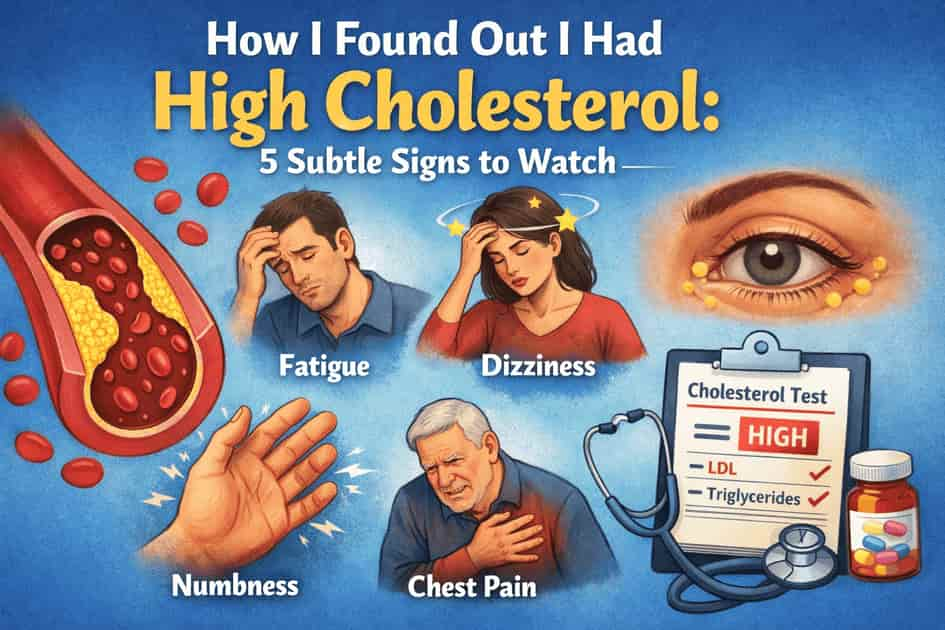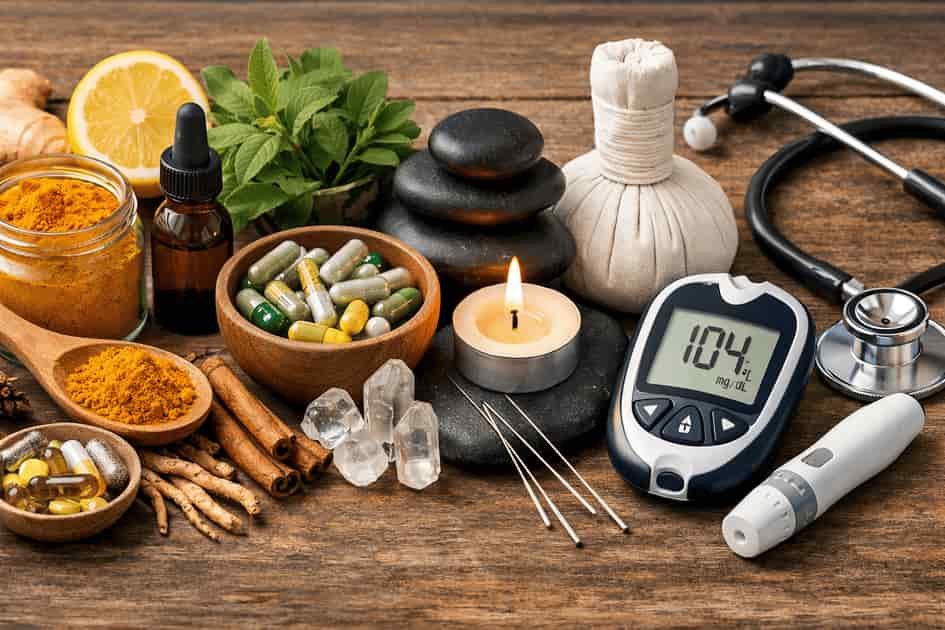Coronary Artery Disease: Prevention & Management
How To Prevent Coronary Artery Disease
For those of you who are concerned with coronary artery disease, this article is for you. You must be well aware of the ill effects this disease can have on a person’s health (which is why you are searching for ways to prevent it). Problems like blood pressure, obesity and high cholesterol are some of the most common factors which lead to coronary artery disease. Fortunately, there are plenty of modern cardiac services available, which can help you deal with such problems. And you can even use the following few tips to keep this disease at bay and maintain your heart health!
1. Keep yourself engaged with some physical activity:
Fixing a specific time every day to engage in some physical activity will help cut down your coronary artery disease risk. What’s more, doing some physical workout for at least one hour per day will also help in weight management. There are many aerobic exercises than you can learn online or with the help of a trainer. A regular workout session each day will also help you stay more fit and vibrant.
2. Eat healthy:
Your body is only as healthy as the food you eat every day. Oily fried foods or fast food contribute to an unhealthy level of cholesterol in your body. Instead, eat healthier foods like fruits and fresh salads. You can even add protein rich meats to your meals like grilled chicken or fish. Contact a holistic nutritionist if you need help in making a healthy diet plan.
3. See a professional:
As we had mentioned earlier, there are trained professionals available in the industry who provide Cardiac Services for coronary artery diseases. An expert cardiologist is also the best person to consult for such kind of diseases. They are also trained in preventive cardiology, to help you control or prevent serious heart ailments.
Book and appointment today with Dr. Cyntian Thaik, M.D., to get your cardiac check up.
Meet Dr. Cynthia Thaik, MD - Functional & Integrative Cardiologist
Dr. Cynthia Thaik is a board-certified cardiologist who integrates functional medicine into her concierge practice with a specialized focus on cardiovascular and neurovascular optimization.
She devotes one week per month exclusively to functional medicine consultations via telehealth, allowing for deep, unrushed care. During this time, Dr. Thaik works closely with patients seeking transformation, root-cause healing, and individualized strategies grounded in integrative science.
Her approach combines:
- Precision diagnostics
- Advanced cardiovascular expertise
- Compassionate, heart-centered listening
- Extensive patient education
“Cardiovascular consultations and diagnostic services are covered by insurance. Functional medicine services are offered exclusively as concierge, self-pay services”
Schedule Your Telehealth Consultation with Dr. Cynthia
If you’re living with atrial fibrillation and want to explore natural treatment options, Dr. Cynthia is here to help. She provides telehealth consultations to guide you through personalized care plans, addressing lifestyle changes, supplement use, and stress management techniques tailored to your unique health needs.
Dr. Cynthia Thaik will perform a thorough cardiovascular assessment, looking at cardiac function, ruling out structural damage, checking paroxysmal atrial fibrillation symptoms, assessing the adverse effects of hypertension and dietary toxicity (alcohol, caffeine, excessive inflammatory foods), checking for vascular inflammation and endothelial dysfunction, and exploring the impact of stress on arterial tone and the autonomic nervous system regulation of the cardiovascular system.
The patient will have an option to receive individual coaching from a mindfulness instructor. Together, this integrative team approach to Afib will provide the patient with the best opportunity to address the root causes underlying the atrial fibrillation and hopefully restore normal sinus rhythm. As with all health conditions, our goal is to help Afib patients transition from symptoms and disease care to optimal health and wellness – true preventive cardiology.
If you have been diagnosed with Atrial Fibrillation and are looking for natural treatments, Schedule a virtual visit or call for Telehealth Appointment at (818) 842 1410
Frequently Asked Questions
Misha palpitations can be a sign of atrial fibrillation. While this condition can continue for years without harm, a consistent increase in heart rate can cause heart enlargement. This is a hazard which can result in heart failure. Atrial fibrillation also comes with an increased risk of stroke from blood clots that can form as a result.
Without a solid understanding of the causes, it can be hard to definitively put a stop to heart palpitations. However, the treatments mentioned above: reducing stress and intake of stimulants, alcohol, and nicotine, exercising more, and eating a balanced diet, are all good steps forward. If your cardiologist determines that you have a more serious heart condition that may be life-threatening, it will require treatment. There are heart medications which can prevent more serious heart rhythm disorders. However, because of their significant side effects, they are not prescribed lightly. Consequences of misuse can lead to heart attacks, or even sudden death.
Some people experience heart palpitations after eating. While those palpitations may be attributable to an underlying medical condition, it is also possible that the food or beverage that was just consumed is responsible. Sugar can have this effect, particularly on hypoglycemic people. Alcohol is another common influence, particularly among those who have paroxysmal atrial fibrillation (PAF). Foods rich in tyramine or theobromine, such as cheese, red wine, bananas, and especially chocolate (which has both), can increase heart rate and may cause atrial fibrillation.
Actually, no. A more likely cause of heart palpitations is in fact low blood pressure. It is true that medication for high blood pressure can have a side effect of causing palpitations, which may be what is happening when someone with high blood pressure experiences palpitations.



